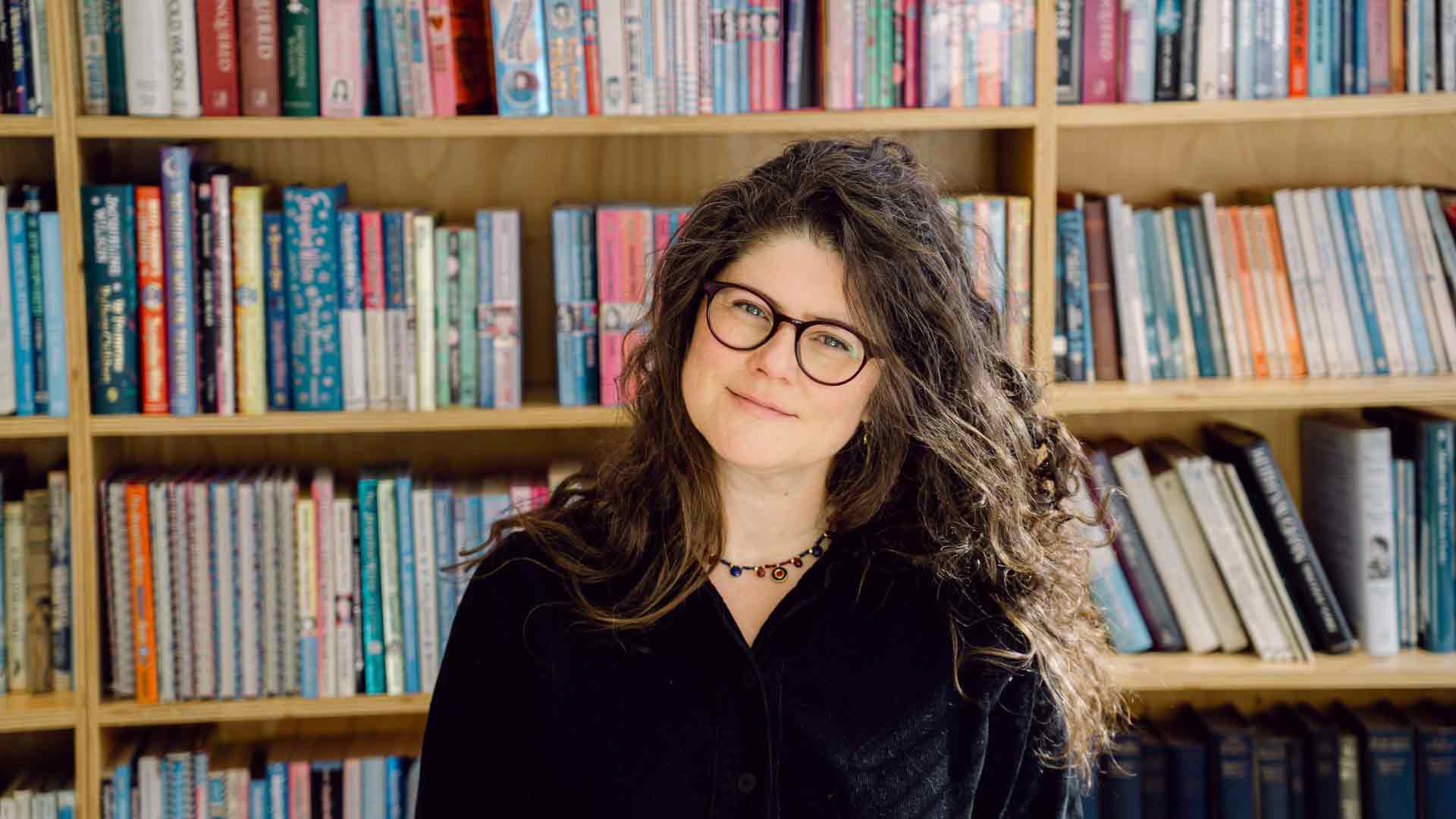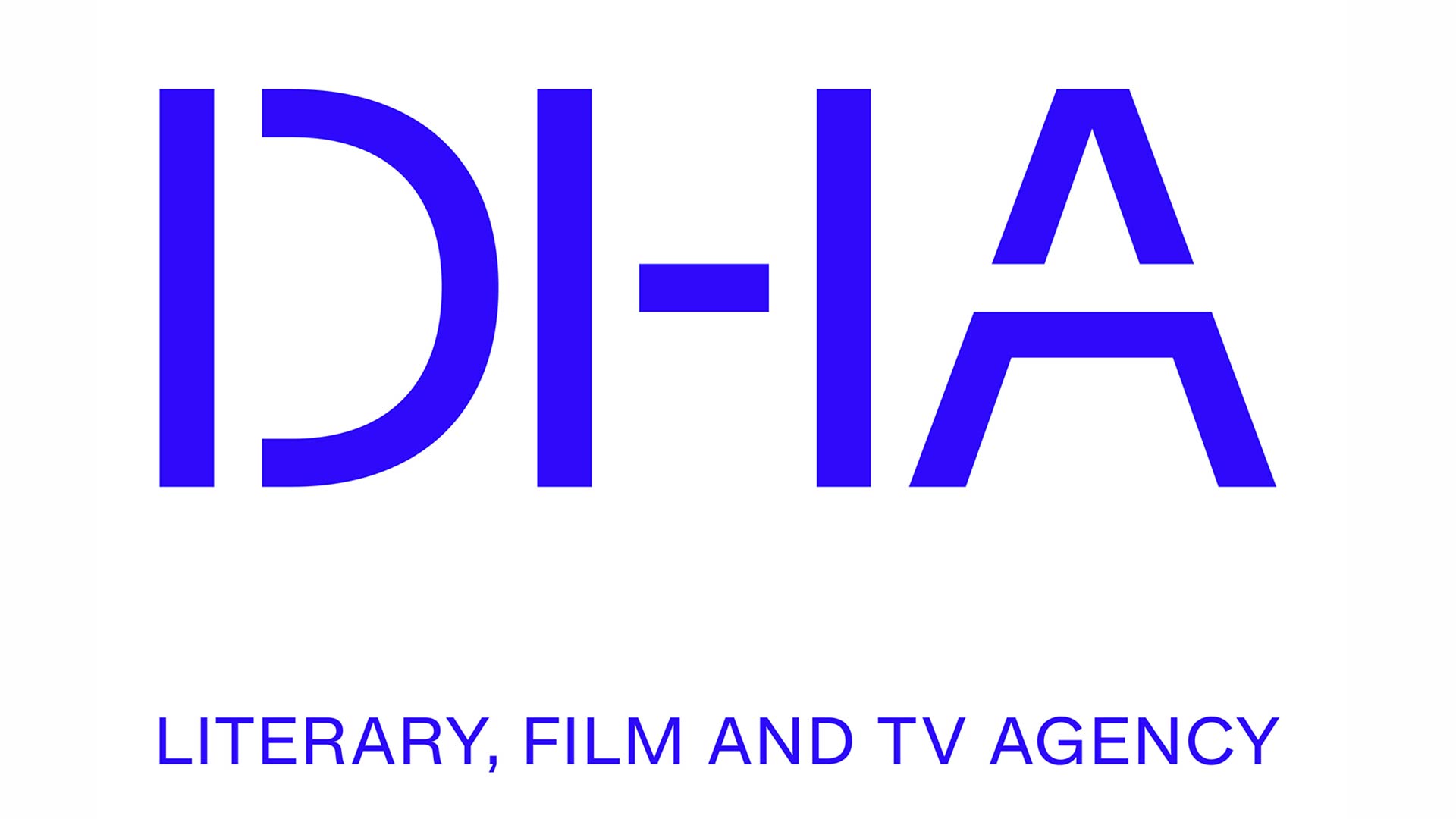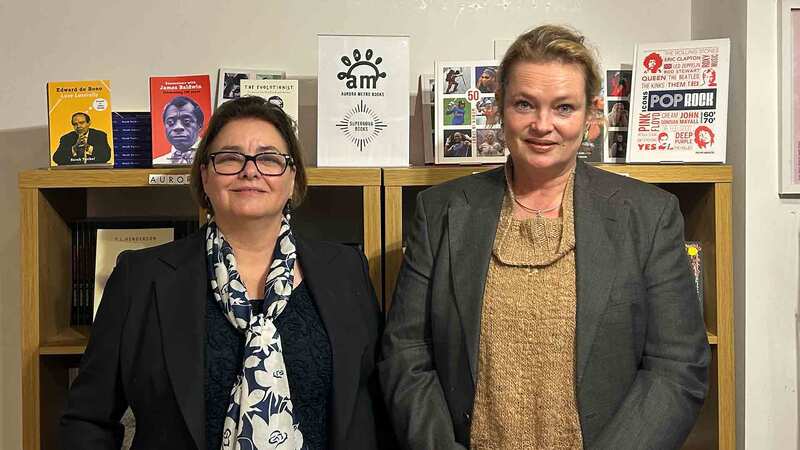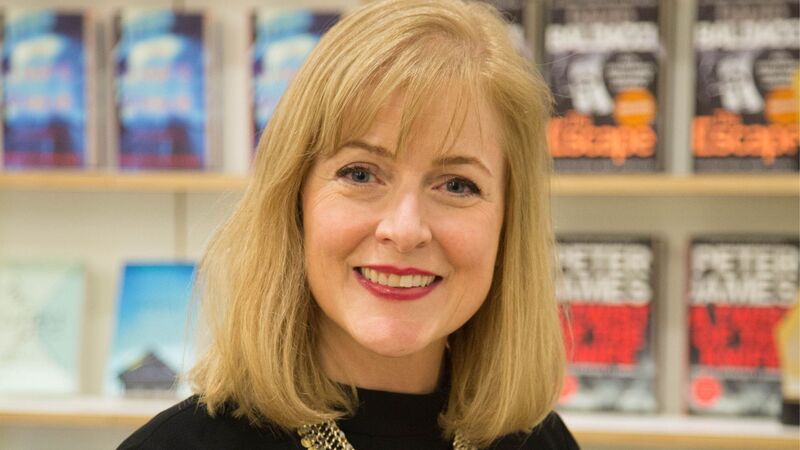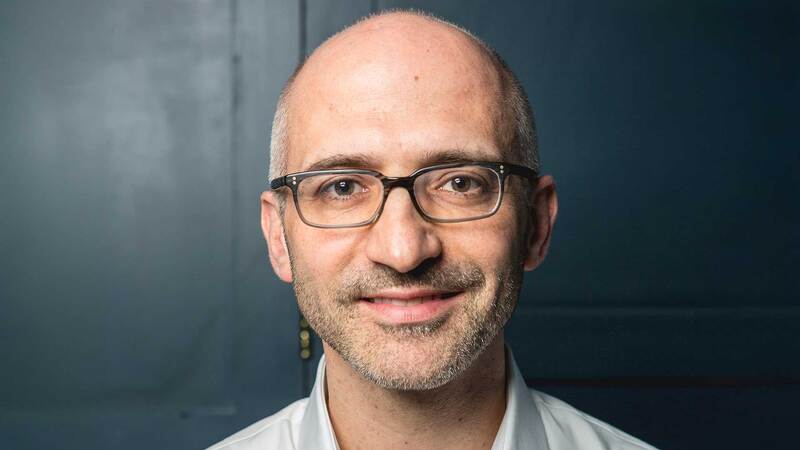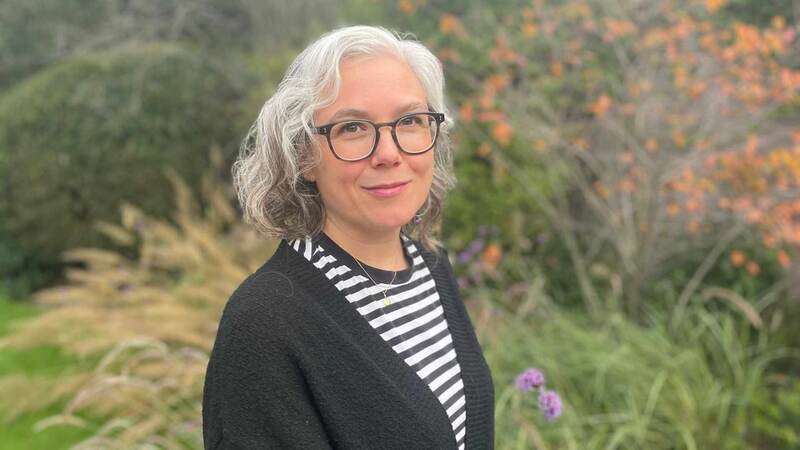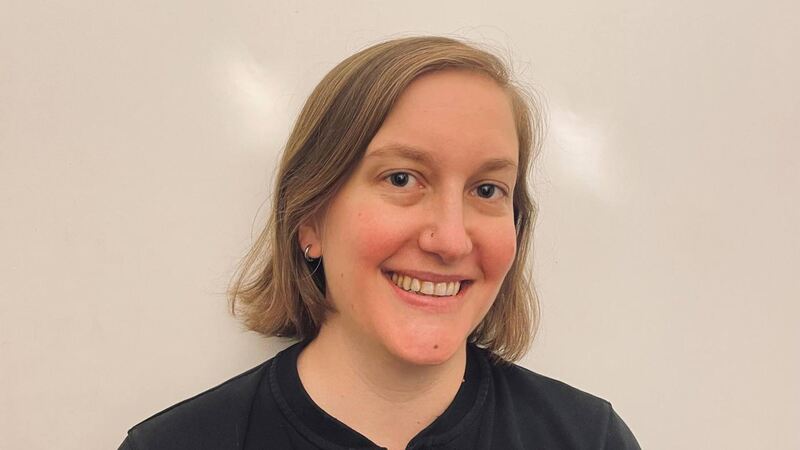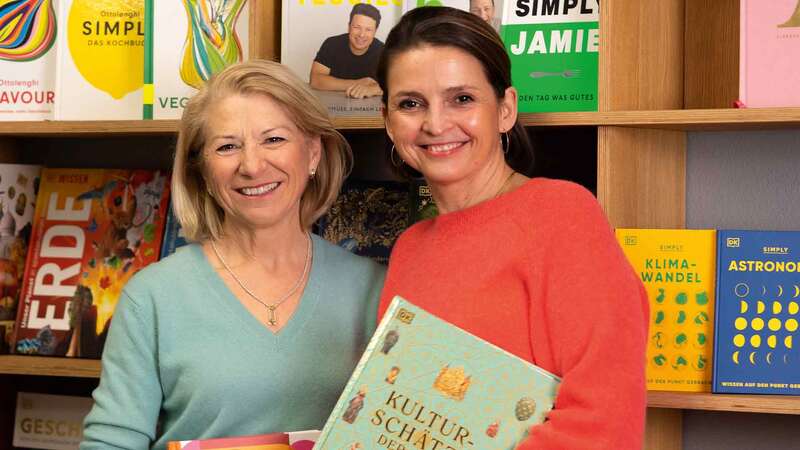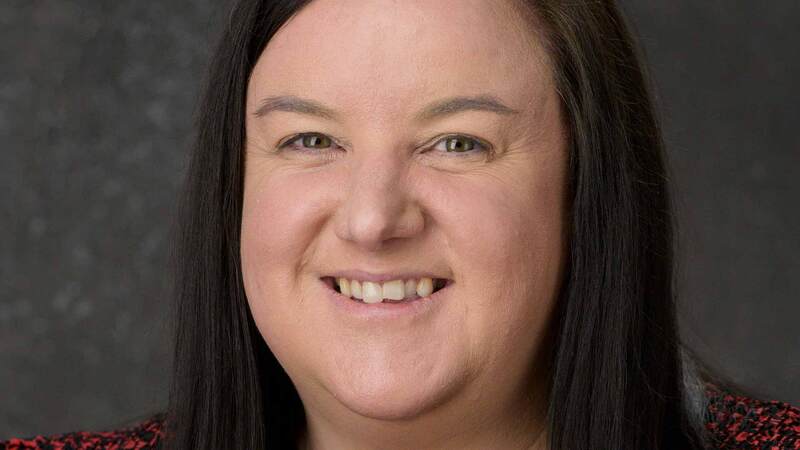Lizzy Kremer on growing David Higham Associates and protecting her ‘incredible’ authors
As m.d. of the almost 90-year-old agency David Higham Associates, Lizzy Kremer isn’t afraid of a little hard work and says what’s crucial is ’a keen sense of unseen advocacy and active engagement with publishers’.
The secret to a great agency? Lizzy Kremer leans forward with an almost conspiratorial air and says: “It’s the admin.”
The David Higham Associates (DHA) managing director is only half-joking. The swashbuckling side of agenting matters, of course—the multi-publisher auctions, inking TV and film deals, helping authors on their journeys, which, if luck and skill meet, includes bestseller lists and prizes. But doing the hard work of ensuring authors get paid what is due—which, as any agent or writer will tell you, is rarely straightforward—is the bedrock.
Kremer says: “Part of what originally drew me to DHA was a diligence about the business of agenting. And that means a keen sense of unseen advocacy and active engagement with publishers, plus a kind of fearlessness about asking difficult questions.
“Our authors are incredible creators, but they are also running businesses. We are their business partners and it is our absolute responsibility to protect them and grow that business. So not to be numerate and be able to interrogate the business of publishing seems to me to be derelict. We are known to be conscientious in our contract work and we’re really proud of that culture in the business.”
Kremer and I meet in DHA’s bright, busy Soho offices to chat about the agency with a couple of loose milestones as our jumping-off point. It is almost 90 years since David Higham, Nancy Pearn and Laurence Pollinger left Curtis Brown to set up on their own, and almost 20 years to the day that Kremer moved over from Ed Victor to DHA. She has been the m.d. for the past two years, taking the place of Anthony Goff, who was in the role for a little over two decades and now serves as the chair of the board of directors.
There is also a rebrand of the DHA logo (below) and a shiny new website. Kremer insists this is out of character as “there’s really no emphasis here to be particularly public; we’re not party animals, we’re not press-release merchants”. But she adds: “The rebrand is to try to better reflect who we are, which is very forward-looking and we see ourselves very much at the forefront of conversations with publishers about new technologies, new platforms, new formats and investigating opportunities for authors.”
And having a website that is helpful rather than a barrier to prospective authors is key. “We believe inclusivity is a fundamental business principle as well as a social principle. And there’s no way of being inclusive unless you make yourselves completely accessible to writers. That means being open to submissions, reading those submissions really carefully, making lots of information easily available as to how to contact you and not to be forbidding.”
That website’s news section does have a lot to shout about of late, and Kremer canters through the highlights. A quarter of Granta’s most recent once-a-decade Best of Young British Novelists list—Jennifer Atkins, Sarah Bernstein, Sophie Mackintosh, Saba Sams and Anna Metcalfe—are DHA clients, the first three repped by Harriet Moore, the final two by Nicola Chang. There have been gongs aplenty, with poetry particularly fecund. Anthony Joseph and Jason Allen-Paisant won the last two T S Eliot prizes, with Allen-Paisant’s Self-Portrait as Othello also nabbing the Forward Prize, a rare double.
Pitch perfect
The tills have been ringing for agency bestselling authors such as Mick Herron, Jacqueline Wilson, Liz Pichon and Val McDermid. As might be expected with a 90-year-old agency, the estates side is bountiful, led by Goff’s client Roald Dahl but also featuring the likes of Dorothy L Sayers, Arthur C Clarke and Muriel Spark (Spark once wrote a hilarious, waspish piece about her, at times, combative relations with the agency that included calling Higham “an old wooffie behind moustaches”). But the agents who handle estates are not just letting the backlist money roll in; examples of new clever publishing include Faber’s re-releasing of titles by Celia Fremlin (repped by Maddalena Cavaciuti), which, helped by a Waterstones Thriller of the Month nod, had Uncle Paul hit the bestseller list some 65 years after its original publication.
The film and television side, headed by Nicky Lund, has had a string of adaptations hitting our screens, such as “All of Us Strangers”, the Oscar-nominated film starring Paul Mescal and Andrew Scott, taken from Taichi Yamada’s Strangers. And Kremer says there are currently 90 DHA projects “under option or in negotiation”, including the recently announced Apple TV+ series of Araminta Hall’s Imperfect Women, which will star Elisabeth Moss and Kerry Washington; and ITV green-lighting a second series of “Karen Pirie” based on McDermid’s novels.
Kremer explains that DHA’s conscientiousness “extends to all deals and all clients, no matter how big or small. Protecting the interests of our estates, poets and literary novelists is as important as protecting and promoting the careers of our [bestsellers]... And it has always paid off for us because you don’t know where the next big hit might come from”.
Kremer concedes DHA might have had a few approaches from Tinseltown agencies sniffing around for a possible acquisition. She stresses DHA has very strong links with Hollywood but adds: “We like being independent. We like making our own decisions and it would be a lot less fun to be doing that on behalf of a talent agency several thousands miles away”.
She is also keenly aware that the Hollywood agencies that have come into the books market of late, in an age of increased conglomeration at publishing houses, might change the landscape. “It’ll be really interesting to see the role traditional writer-focused literary agencies in London will play, and how those talent agencies and their huge, deep pockets fit into it. Currently, we see ourselves as allies with publishers in their success. We want them to be successful, we want them to be profitable. So when they say: ‘We think it’s in our interest and in our authors’ interests to have more players in the audio market’, as they did with the launch of Spotify, then we want to say: ‘Great, that sounds good, let’s be your allies in that.’ ”
Lizzy Kremer on AI…
"I don’t think there’s anything complicated about protecting copyright and protecting creators; it’s absolutely fundamental to our livelihoods. The big publishers are beholden to shareholders, they need to keep finding new ways to grow profit. If that means replacing some of their staff with AI software or making their operations more effective through AI tools, well, that’s for them to decide. But what we’re obviously guarded about is our authors’ works being fed into any models that can be used to create competitive content."
Listen and learn
So she likes the Spotify deal? “I like the theory of competitive markets. But—and I have no foregone conclusions about this—we really need to look at the data and the impact of such an important new platform on other format sales. And I have to say, I regret the loss of the connection [in some audio models] between the desire to buy and the act of purchase, because the economics of book publishing are built on the fact we are a bookselling business whether the books are read or not. Severing the link between the impulse to read and the act of buying is existentially threatening for publishing. Generally, I’m in favour of the strategic use of platforms, but when the platform becomes king, that is usually to the disadvantage of the creator.”
There are 45 staff at DHA, more than double than when Kremer joined, with the bulk of that growth coming in the past 10 to 15 years. Part of that was from the acquisition of the Toby Eady, Laura Cecil and Gregory & Company agencies, plus Elise Dillsworth bringing her business over to DHA as an associated agency. But it is also a result of luring new agents and promoting from within.
“The challenge is how to manage the sheer scale of the operation without costs spiralling,” Kremer says. “We have to be efficient, we have to make sure we still have incredible systems. When I go to lunch with an editor or am at a publishing party, I just end up talking about all my colleagues and how incredibly proud I am of everything they do—running through them one by one about how I genuinely think they are the best. So, when we think of growth, it’s maintaining that, at a level that adds to our stability and success.”





